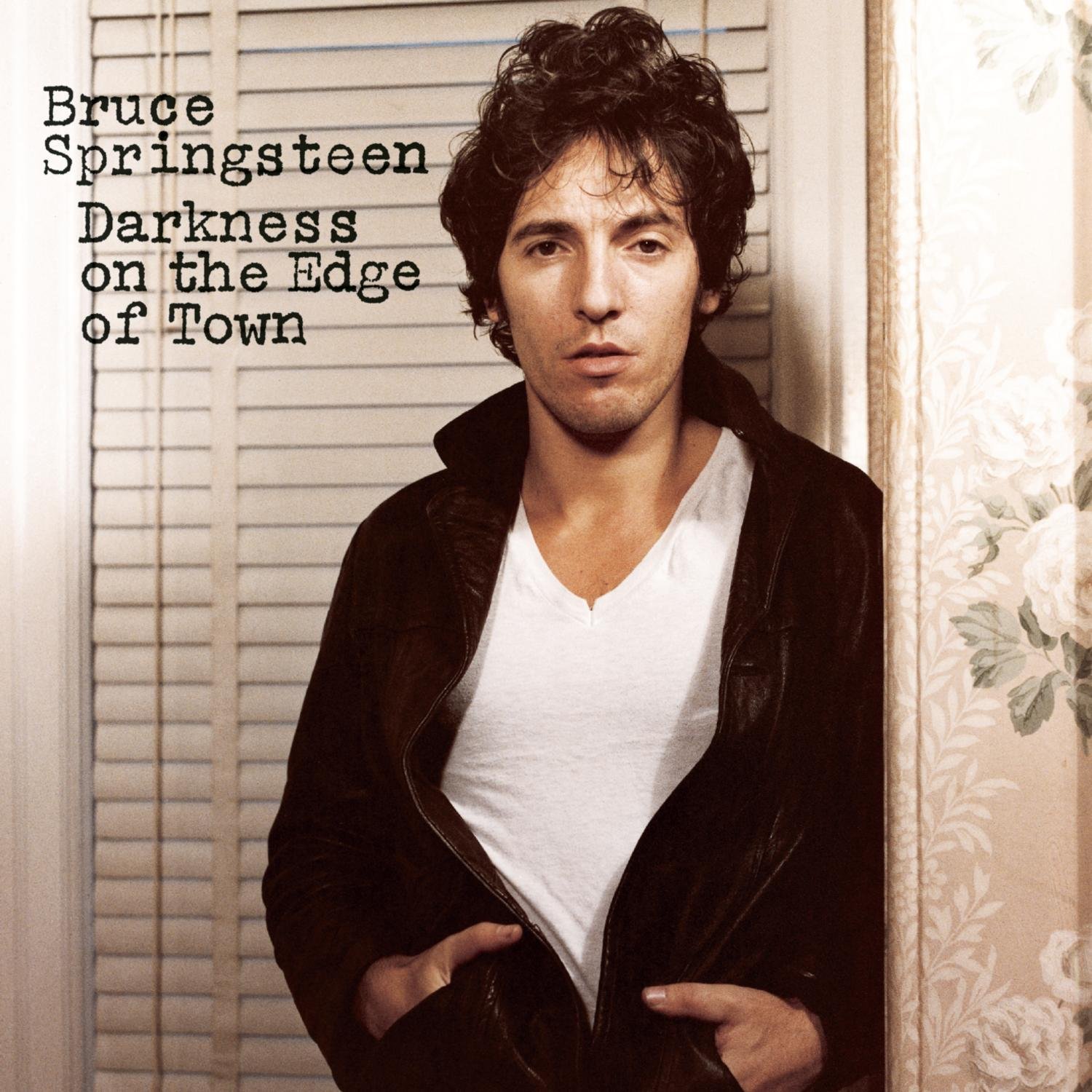There’s a time in all of our lives when we put aside our romantic dreams of an ideal life aside, and simply accept life for being the often thankless struggle that it is. Perhaps it’s a lifetime of listening to the wrong people that has led you to where you are. Perhaps circumstance has ensured that just as your life seemed to be on the right track, fate has swiftly kneed you in parts most delicate. Maybe it’s because you’ve just accepted that the one person you want to spend the rest of your life with doesn’t want to spend the rest of their life with you. Or maybe, just maybe, things are actually fine on all fronts and generally aren’t so bad, it’s just that when you take a step back, you realised you’ve perhaps fallen short of the perfection that you were hoping for. Whatever the case, for a lot of us, at some point in this life our dreams are abandoned to simply try and make the best of the hand that fate has dealt you.
It’s probably fair to say that after the rose-tinted romantic idealism of Born to Run, Bruce Springsteen needed to offer his audience something a little more down to earth and produce an album that dealt with what happens when those same dreams give way to a reality of daily struggle, broken hearts and a job that is far below what your aspirations were. Darkness on the Edge of Town is that album and it’s a belter.
Darkness on the Edge of Town finds Bruce Springsteen at his most empathetic and grounded. This isn’t the sound of audio escapism, this is an audio documentary of the unvarnished story of day to day toil, struggle and tiny rays of hope in an everyday town by everyday people, an album full of characters that deserve to live the dream, but find it consistently just out of their grasp and are therefore left to celebrate the few tiny victories in their life which are punctuated by huge gaping chasms of mundanity or heartache. Darkness on the Edge of Town is an album about surviving the every day. Surviving life, but still taking that step back to enjoy it. It’s no accident that while “Racing in the Streets” alone is a tune that could reduce some to tears, it is followed by the “The Promised Land”, Darkness on the Edge of Town’s most optimistic sounding number. and then you read the lyrics. Ah.
Narrative songs have always been Springsteen’s greatest strength, and on Darkness on the Edge of Town they’re here in spades, just don’t expect much in the way of laughs. This is the album which gave us “Adam Raised a Cain”, “Badlands” and “Streets of Fire”, and as such is one of Springsteen’s most textured. This was Springsteen’s first genuinely ‘grown up’ album, the one where he became a genuinely enduring artist. It is also an album that I have always considered one of his most guitar based, however, there’s just as much of Roy Bittan’s piano as there always had been, it’s just that the E Street Band has evolved and matured into something even more widescreen, even if it does focus more on life’s smaller moments.
To my mind at least, Born to Run should be packaged along with Darkness on the Edge of Town permanently, just so that whoever buys Springsteen’s most doe-eyed album gets to hear both sides of the story – the romantic dreams of escape and the sobering reality of everyday life.














No Comment